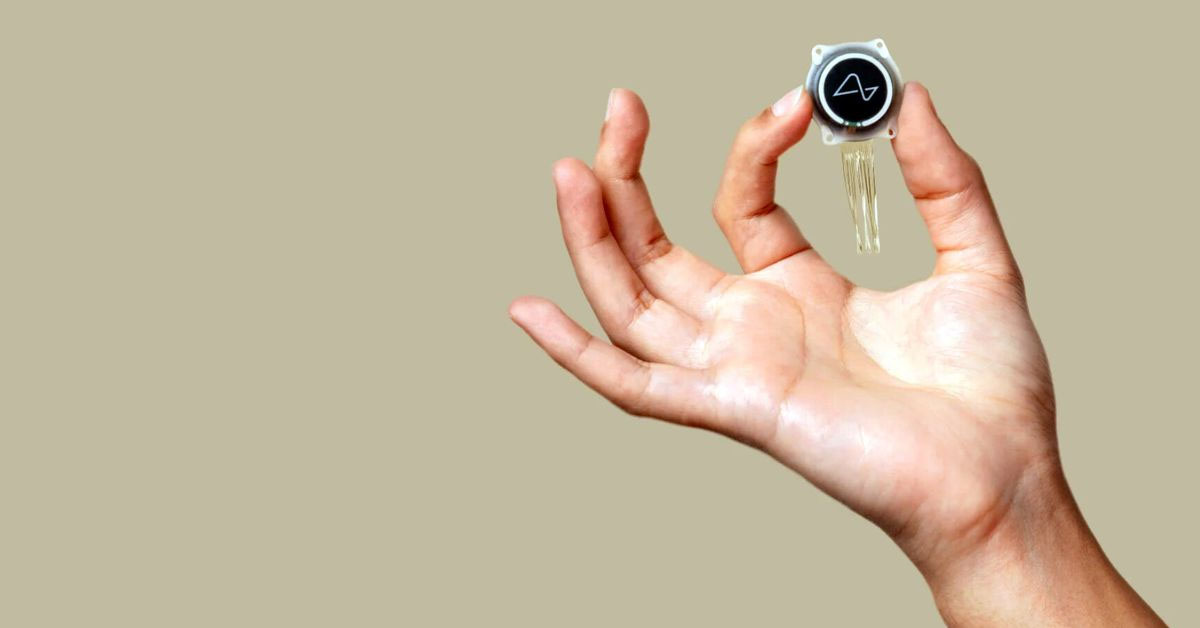
Photo Credit:Neuralink
The tiny wires of Neuralink's brain chip implant used in the first participant of a trial run by Elon Musk's company have become "more or less very stable," according to a company executive on Wednesday. This announcement marks a significant milestone in the development of cutting-edge technology.
Neuralink had previously revealed that several tiny wires inside the brain of Noland Arbaugh, who is paralyzed from the shoulders down due to a 2016 diving accident, had shifted out of position. However, Dongjin "D.J." Seo, a Neuralink executive, explained that the situation has stabilized. "Once you do the brain surgery, it takes some time for the tissues to come in and anchor the threads in place, and once that happens, everything has been stable," Seo said.
Arbaugh, based in Arizona, is currently the only patient to have received the implant, but Elon Musk expressed hopes to increase the number of participants to the high single digits this year. To ensure greater stability and safety in future implants, Neuralink is implementing several risk mitigation measures. These include sculpting the surface of the skull to minimize the gap under the implant, reducing carbon dioxide concentration in the blood to normal levels, and other careful adjustments.
"In upcoming implants, our plan is to sculpt the surface of the skull very intentionally to minimize the gap under the implant... that will put it closer to the brain and eliminate some of the tension on the threads," explained Matthew MacDougall, Neuralink's head of neurosurgery.
Neuralink's brain chip aims to give paralyzed patients the ability to use digital devices solely through their thoughts. The device works by utilizing tiny wires, thinner than a human hair, to capture signals from the brain and translate those into actions such as moving a mouse cursor on a computer screen.
During a live stream on social media platform X, Musk emphasized that the device does not harm the brain. The U.S. Food and Drug Administration (FDA), which initially raised safety concerns, ultimately granted Neuralink the green light to begin human trials last year. According to the company's blog posts and videos, the device has already enabled Arbaugh to play video games, browse the internet, and move a cursor on his laptop using only his thoughts.
Looking ahead, Neuralink is also developing a new device that will require fewer electrodes implanted in the brain, aiming to make the technology more efficient and powerful. This innovation could represent a significant step forward in the field of neurotechnology and its potential applications for those with severe disabilities.

















